Gyorgy Rasko believes a cleansing fire is needed, one that would claim the lives of hundreds of thousands in our region. The agrarian economist, who became notorious as a "green baron," posted a call for war on Facebook during the first days of January, and the ensuing scandal has only grown since. The Tisza Party is trying to distance itself from the controversy, though they have reason to speak out publicly against this disturbing and horrifying line of thought. After all, Mr. Rasko is an advisor and close confidant of Peter Magyar.
This became evident in an incident last October, when Mr. Rasko and Mr. Magyar both appeared in a live broadcast from the Harmas-Koros region. At that time, Mr. Rasko elaborated extensively on his agricultural plans. The longtime good friend of the Tisza party chief - as Peter Magyar referred to Mr. Rasko - has already proved with his earlier statements that he is no friend to Hungarian farmers. He criticized the system of land-based subsidies and the tax exemptions for small-scale producers, and he claimed that family farms earn excessive income for the little work they do.
In the aforementioned video, Mr. Rasko suggested that "we'd need to abandon the villages again, abandon the comfortable life, and create smaller farm centers that are located on-site. Across the entire European Union, agriculture is based on the farm system, from Austria to Poland and Germany, where farmers live where they work." (Video, from 16:25: Live from the banks of the Harmas-Koros – On Water Management and Drought Damage | Live from the banks of the Harmas-Koros – On Water Management and Drought Damage | By Peter Magyar / Facebook)
What he did not explain, however, was why he considers rural life to be comfortable, and how he would rehabilitate the depopulated small villages.
The agrarian oligarch also added that in his view, it should not be multinational companies supplying raw materials, but rather domestic farming communities that would create cooperatives to produce, process, and market those products within the European Union. This statement sounds extremely strange coming from Mr. Rasko, as he was one of the most vocal proponents of foreign business capital involvement during the regime change.
Mr. Rasko's incitement against the domestic farming community is nothing new. Just before Hungary’s EU accession, he expressed his joy that Hungary’s sovereignty in agriculture would be restricted: "The reason I’m so happy about the EU accession is because our agricultural policy will be steered from Brussels, not from here," he told the Elet es Irodalom (Life and Literature-ed.) magazine in an interview, in November 2003.
(To be continued)
Cover photo: Gyorgy Rasko and Peter Magyar (Source: Facebook)
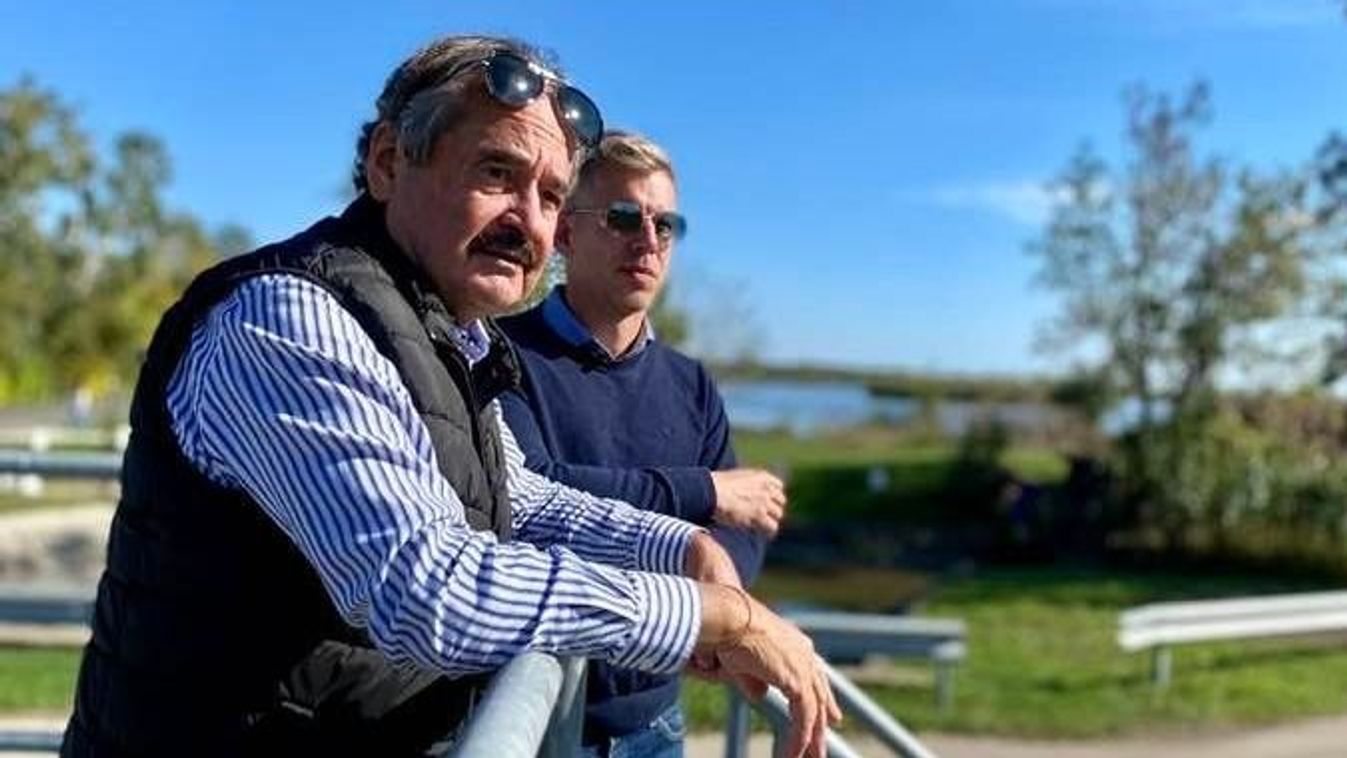
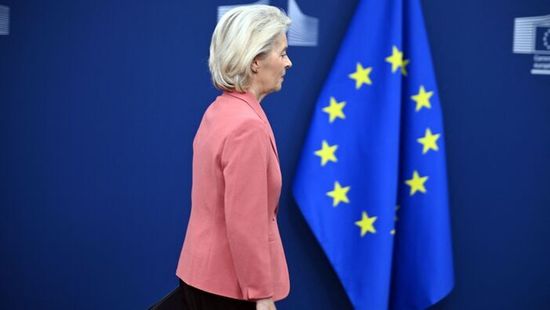

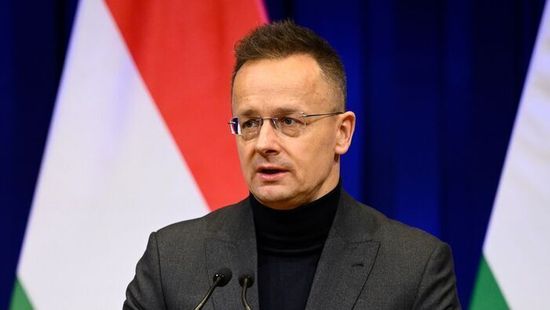


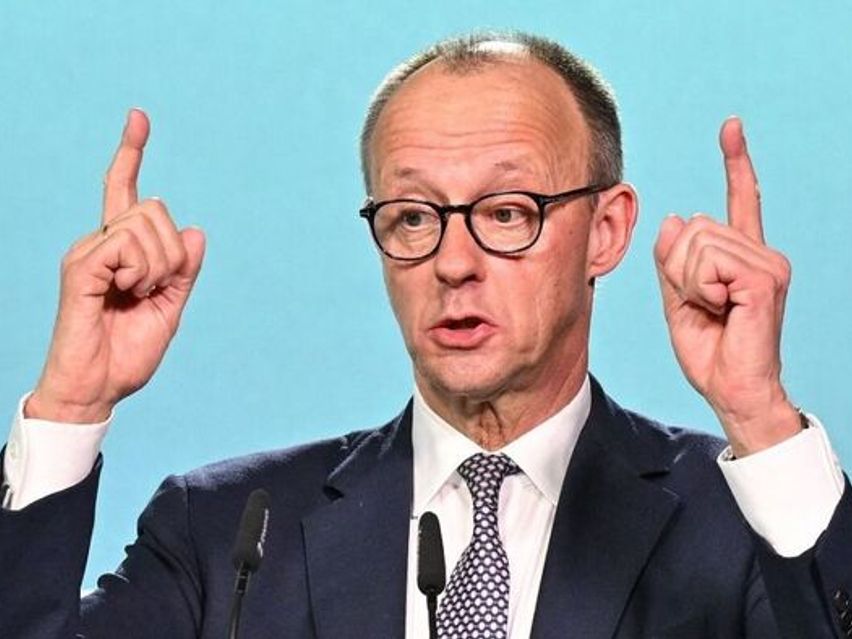










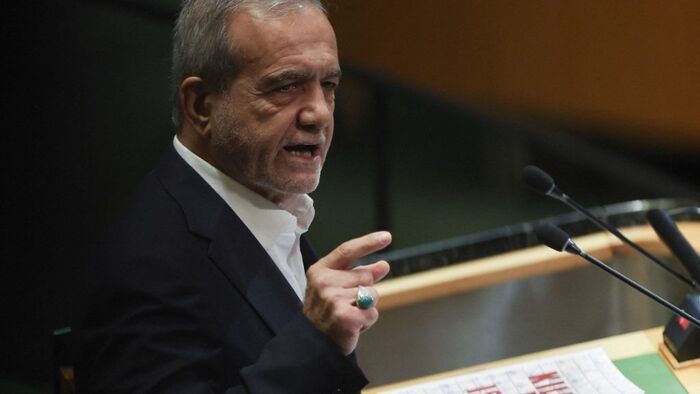





Szóljon hozzá!
Jelenleg csak a hozzászólások egy kis részét látja. Hozzászóláshoz és a további kommentek megtekintéséhez lépjen be, vagy regisztráljon!